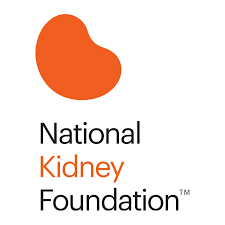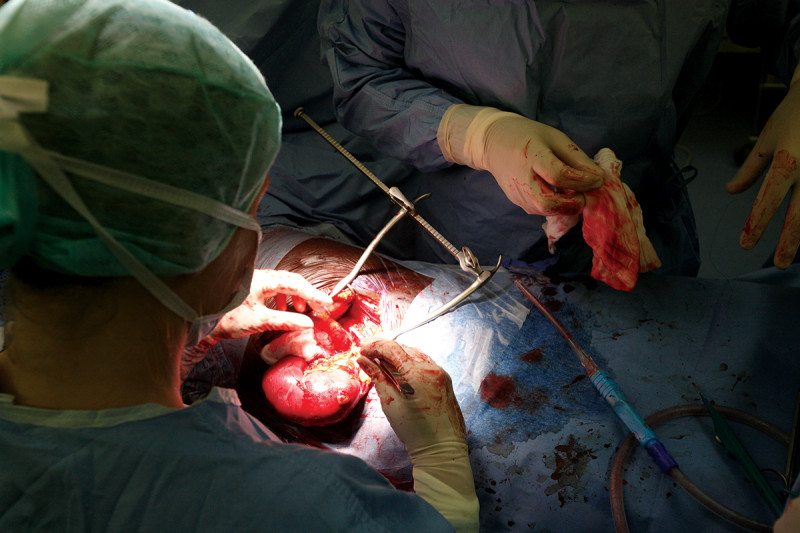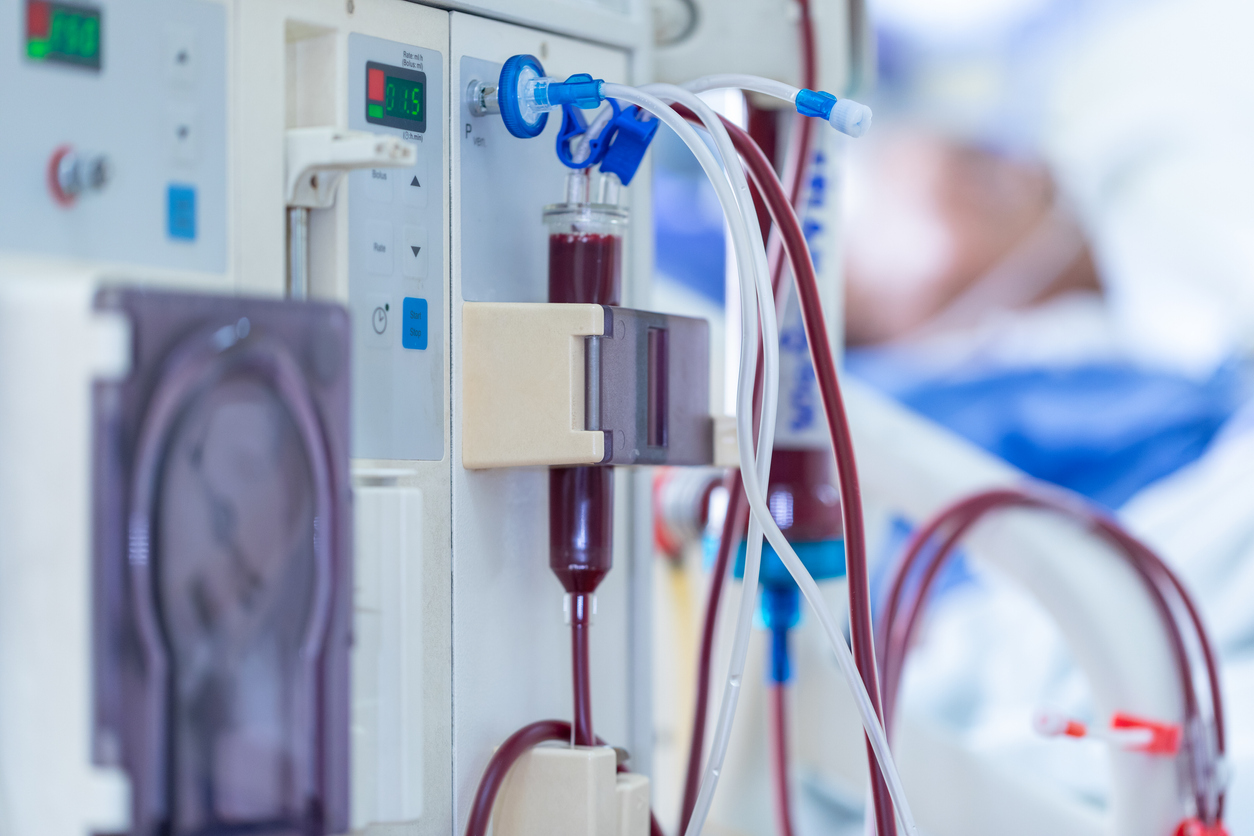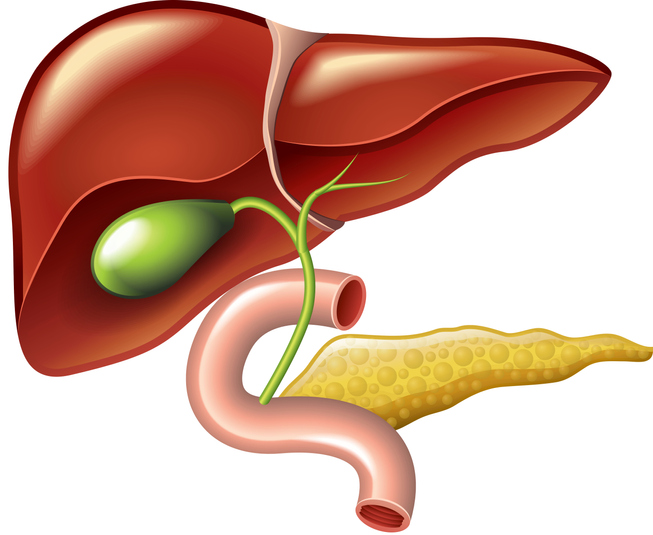It’s important to get your flu vaccine because the flu and coronavirus disease 2019 (COVID-19) may be circulating at the same time and cause similar symptoms.
Learn more about the similarities and differences of COVID-19 and the flu.
The flu vaccine doesn’t protect you from COVID-19. But the flu vaccine could reduce flu symptoms that could be confused with COVID-19 symptoms. The flu vaccine can also help lessen the impact on health care providers and hospitals by reducing the number of people with severe flu and hospitalized with the flue.
Read more here.









